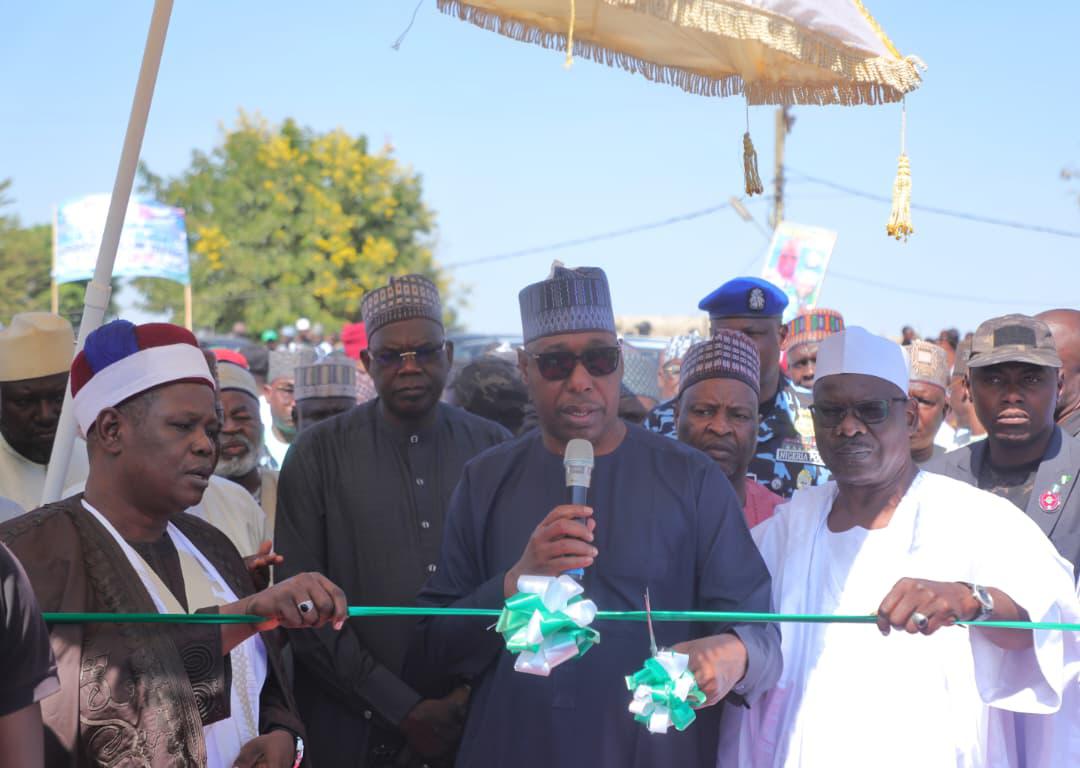The Universal Basic Education Commission (UBEC) has pledged to incorporate the Luminah 2030 into its operations, work plans and budgets.
It also assured that it would align its operations with State Universal Basic Education Boards (SUBEBs) frameworks to guarantee the programme’s ownership and delivery at scale.
UBEC Executive Secretary, Aisha Garba, stated this on Friday in Abuja at the official handover of Luminah 2030 to the commission.
The Guardian reports that, launched under the Federal Ministry of Education in March 2025, Luminah is a flagship programme designed to empower one million underserved Nigerian girls with access to education, vocational training and community support by 2030.
It is being implemented across 12 pilot states across the six geopolitical zones, namely: Yobe, Taraba, Kano, Jigawa, Benue, Federal Capital Territory (FCT), Ebonyi, Anambra, Bayelsa, Akwa Ibom, Lagos and Oyo, with plans for national scale-up by 2030.
Represented by the commission’s Deputy Executive Secretary, Technical, Razak Akinyemi, the UBEC boss explained that incorporating Luminah 2030 would strengthen the commission’s ongoing efforts to reduce the number of out-of-school children and improve learning outcomes, especially for girls in rural and low-income communities.
The initiative, she said, aligns with Nigeria’s commitment to achieving Sustainable Development Goal (SDG) 4, which focuses on inclusive and equitable quality education.
According to Garba, collaboration with SUBEBs is crucial for ensuring sustainability and ensuring that the programme’s gains extend beyond its initial lifespan.
She also assured stakeholders that UBEC would prioritise transparency and accountability in the disbursement of funds and deployment of resources under the Luminah 2030 programme.
She said: “Most importantly, this journey will remain collaborative—every partner, every stakeholder, and every state that has contributed to shaping Luminah will continue to have a voice and a role as we advance together,
“With this migration, UBEC takes full responsibility for sustaining and strengthening the initiative. Although the implementation is now housed within UBEC, it must be emphasised that the Federal Ministry of Education and the Luminah Committees remain central to this journey. Their continued policy oversight, technical guidance, and strategic direction will be critical in ensuring that Luminah 2030 stays aligned with the national vision for education and Sustainable Development Goal 4.
“UBEC will continue to walk hand in hand with the ministry, the committees, and all stakeholders, building on past successes and confronting the challenges ahead with unity of purpose”.






